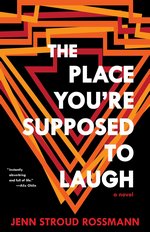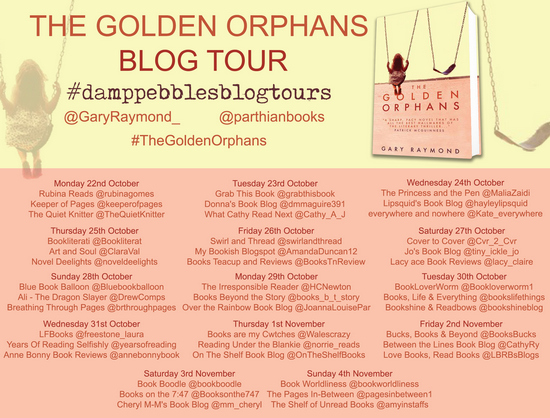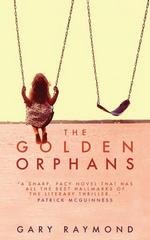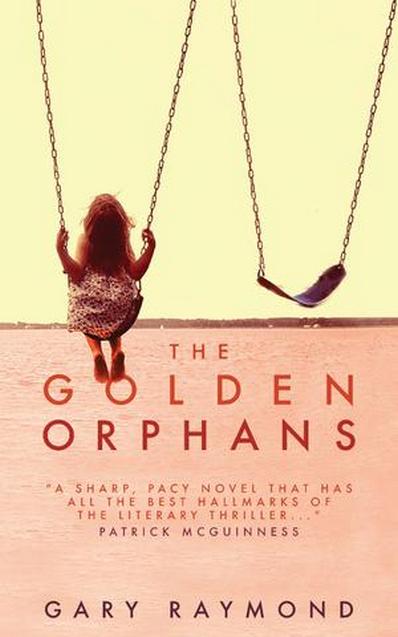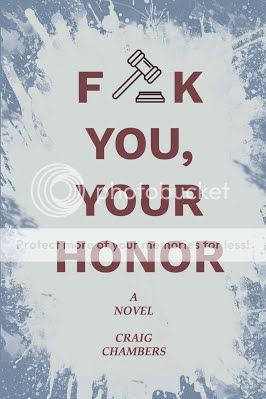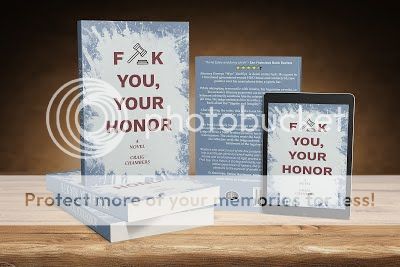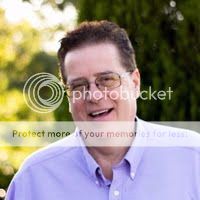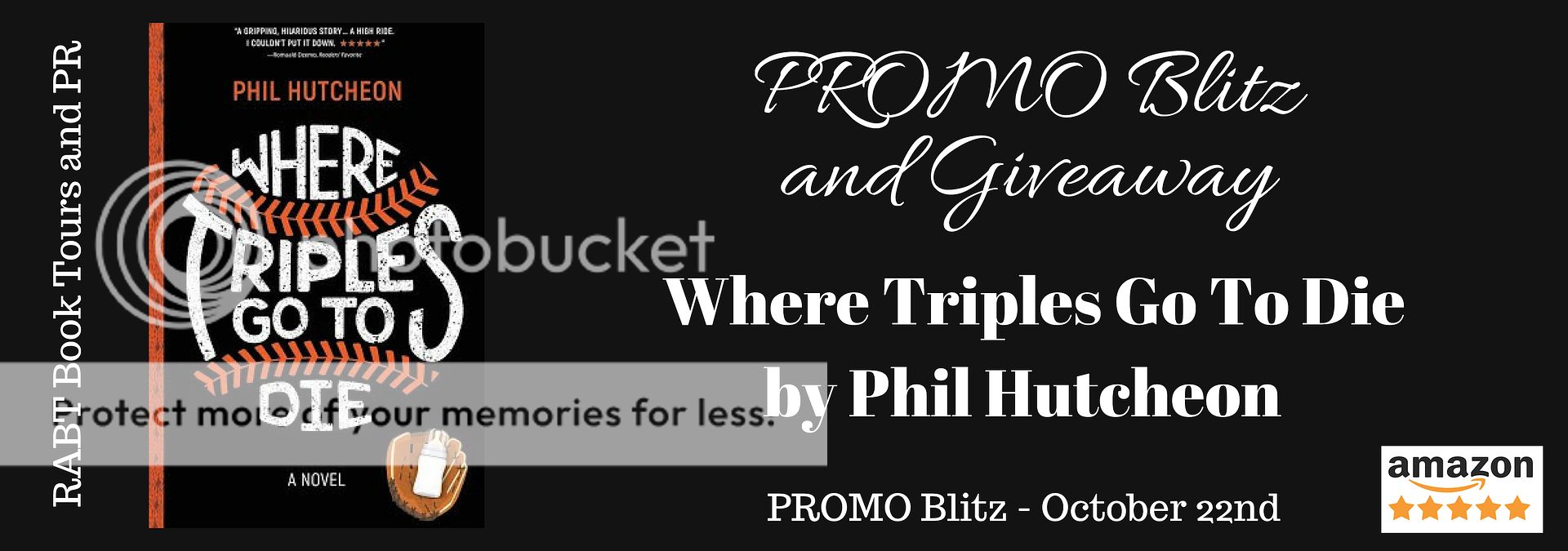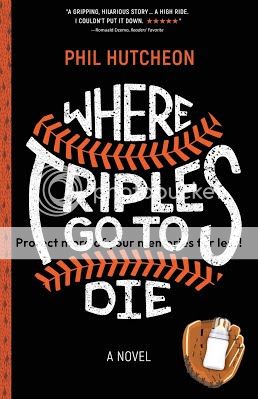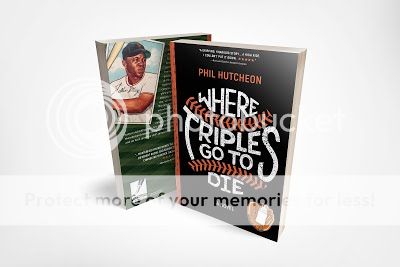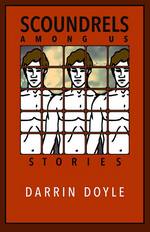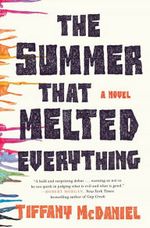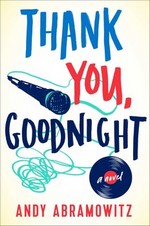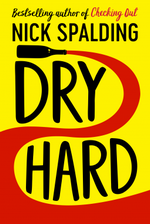 Dry Hard
Dry Hard
by Nick Spalding
eARC, 293 pg.
Amazon Publishing UK, 2019
Read: November 19, 2018

Kate Temple’s in PR, Scott Temple’s a marketing director for a distillery. Both of them rely on alcohol to get through their days (and nights). They used to have each other to rely on and curb their use, but as they’ve become more successful, they have to do more things away from each other and they really don’t have anyone to watch out for them. Also, because they spend less time with each other, both have a hole they need to fill throughout their days — which usually involves more drinking.
Things are getting bad enough that they both endanger their jobs (not to mention the property and safety of others) thanks to drunken escapades. But this doesn’t give either of them much pause — if anything it drives them to the bottle even more. Their teenaged daughter, Holly, can’t understand why these two can’t see how bad their drinking is, how much it’s hurting their marriage, how much it’s affecting her life. So, at Christmas, she decides to secretly film them at their drunken worst (which starts pretty early in the evening) and then she shows it to them, hoping this video intervention will awaken them to their problem.
It doesn’t work — her parents defend their drinking, downplay the mortifying things they do on video and generally blow her off. So in a fit of adolescent pique, she uploads the video to YouTube so her friends can see it. But the video catches the attention of a couple of popular YouTube celebrities and next thing they know, Kate and Scott are a viral sensation.
This very public shaming convinces them that they need to make some changes, and decide to cut out drinking totally. Holly tries to get them public support by uploading videos chronicling their efforts to live dry for a year, attaching the hashtag #DryHard. Things do not go well — well, maybe well, but not smoothly.
Now, here’s where Spalding distinguishes himself from almost every other writer on the planet — he makes all of that hilarious. Yes, Holly’s going through a lot because of her parents, but even in the way that Spalding describes it, her hardships are funny. At the 14% mark, I wrote in my notes “I have no idea if he can tell a story, but Spalding can make me laugh!”
I can thankfully report, he can tell a story — and still makes me laugh. The comedy comes from the situations, from the slapstick-y way his characters navigate the situations, and just the way he narrates (typically through the protagonists’ voices). It’s not just one thing that he does well — he can bring the laughs through multiple channels. Yes, the couple are careening toward rock bottom, but you laugh about it; yes, they’re dealing with very serious life and death issues — but Spalding makes you find the humor in the situations; they have monumental struggles that don’t go away just because they sober up, but you’ll ber chuckling and chortling while watching them flounder.
Oh, also, this has nothing to do with the plot, but Spalding’s description of Gin Fawkes — a flavored gin using orange peel and cinnamon produced by Scott’s distillery — is enough to make me consider becoming a teetotaler. Fantastic stuff. Funny and horrifying in equal measures.
This is the story of a family in crisis and the great lengths they go to to preserve that family. That right there sells me on the book — everyone wants the same thing — Kate and Scott’s marriage to recover. There’s not one person in the family thinking of pulling away, there’s not one more committed than the rest — both spouses are flawed and fallible, even Holly makes mistakes and loses her way, however briefly. No one’s blameless, no one’s to blame, Scott and Kate have got themselves to this point together, and together they’ll make it out. Too many books like this will take the “side” of one spouse — one is committed, one is faithful, one is stupid and blind to their own faults and one is the bigger/wiser person, etc., etc. Spalding doesn’t do that — he presents the Temples as mutually dysfunctional, mutually aspirational, and human.
Unlike a lot of similar authors, if Spalding had the opportunity for an honest, heartfelt emotional scene or a series of laughs — he’d pick the laughs 99 times out of 100. Thankfully, if he could go for a fairly honest and quite heartfelt scene with laughs, he’d go for that too. If he’d gone for fewer laughs and more of the honest and heartfelt moments, he might have a more complex, realistic, and substantive novel. Something more akin to Jonathan Tropper or Nick Hornby at their best. Instead, Spalding produced an entertaining, funny and frequently hilarious novel. The substance is there — but it’s hidden and easy to miss between the chuckles.
If you take the time to look for the substance/depth — you’ll find it and appreciate its presence. If you don’t and just laugh, you’ll be fine and have a good time — either way, you win.
This was my first Nick Spalding book — it will not be my last. Fast and funny — I had a blast reading this and laughed out loud more than I can remember doing in a long time. Read this. You’ll enjoy it.
Disclaimer: I received this eARC from Amazon Publishing UK via NetGalley in exchange for this post — thanks to both for this.
—–



